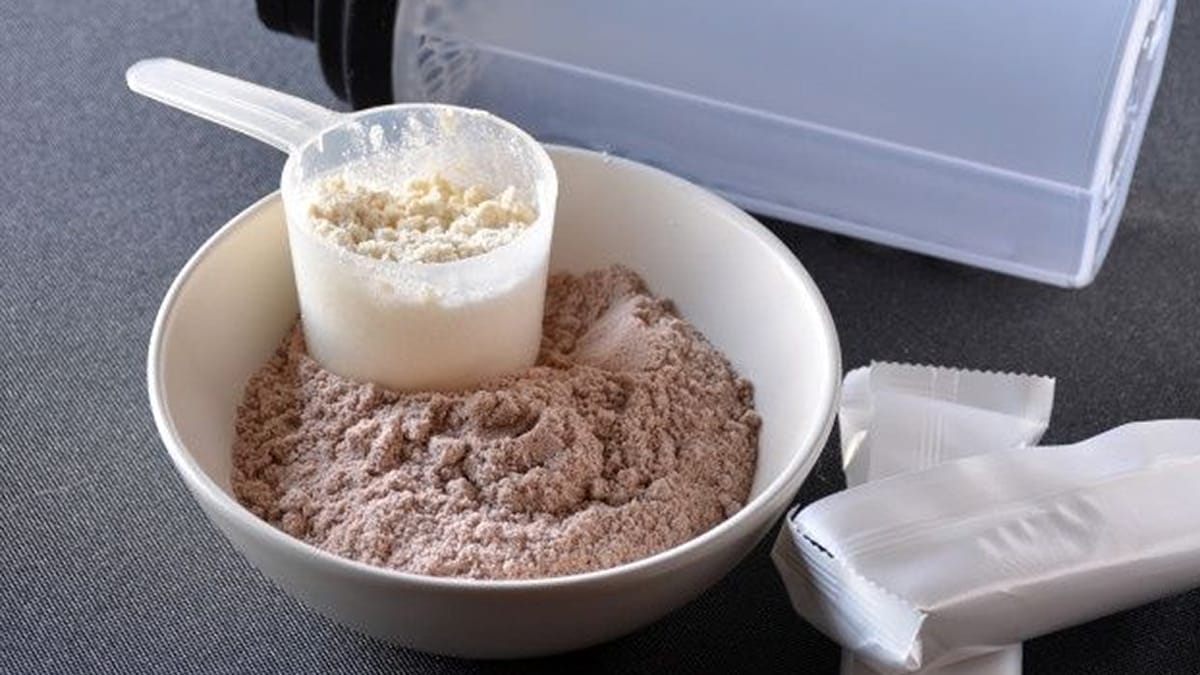Is Vegan Protein Powder Enough for Muscle Recovery After Workout
Muscle recovery after a workout is essential for growth, performance, and injury prevention. The question many vegan athletes ask is whether vegan protein powder alone is sufficient to promote effective recovery. The answer is yes, if chosen correctly and combined with a balanced diet, proper timing, and adequate calories. This article explores how vegan protein powder supports recovery, the science behind it, and practical strategies to maximize post-workout gains.

Understanding Muscle Recovery
Muscle recovery is the process by which damaged muscle fibers repair and strengthen following exercise. After resistance or high-intensity training, micro-tears occur in muscle tissue. Recovery involves muscle protein synthesis (MPS), the process that rebuilds these fibers stronger than before. Adequate protein intake, particularly rich in essential amino acids, is critical for this process.
Vegan Protein Powder as a Recovery Tool
Vegan protein powders, typically derived from pea, rice, soy, or hemp, provide concentrated protein that supports muscle repair. Key factors to consider include:
Amino Acid Profile: Essential amino acids, especially leucine, trigger MPS.
Digestibility: High-quality protein powders are easier to digest and absorb.
Timing: Consuming protein post-workout within 30–60 minutes maximizes MPS.
Scientific Evidence Supporting Vegan Protein
Several studies demonstrate that vegan protein powders can effectively support muscle recovery:
A 2019 study in Nutrients found that a pea-rice protein blend supported post-exercise muscle protein synthesis similarly to whey protein in resistance-trained individuals.
Soy protein, another popular vegan option, contains all essential amino acids and has been shown to stimulate MPS effectively.
How Much Vegan Protein Powder Do You Need for Recovery
Optimal post-workout protein intake typically ranges from 20–40 grams, depending on body weight and exercise intensity. This can be provided by 1–2 scoops of a high-quality vegan protein powder. Combining protein with carbohydrates post-workout enhances glycogen replenishment and recovery efficiency.
Combining Protein Sources for Optimal Results
While vegan protein powders are effective, combining them with whole foods ensures a complete nutrient profile:
Beans and lentils provide additional protein and fiber.
Whole grains supply carbohydrates to fuel recovery.
Nuts and seeds add healthy fats and micronutrients essential for muscle repair.
Practical Post-Workout Recovery Tips
Mix your vegan protein powder with plant-based milk for added calories and nutrients.
Include a source of carbohydrates, like a banana or oatmeal, to optimize glycogen restoration.
Stay hydrated, as water is critical for nutrient transport and recovery.
Avoid relying solely on protein powders; whole foods provide additional benefits.
Common Misconceptions
Vegan protein powder alone is enough: It supports recovery but works best within a balanced diet.
Timing doesn’t matter: Post-workout consumption is scientifically proven to enhance recovery.
All vegan powders are the same: Amino acid profiles vary; choose high-leucine options for muscle repair.
Real-World Examples
Vegan athletes, such as ultrarunner Scott Jurek and vegan bodybuilders, successfully rely on protein powders combined with whole foods to meet recovery needs. Their training regimens demonstrate that plant-based powders, when used strategically, can rival animal proteins in promoting recovery and muscle growth.
Scientific References
Phillips SM, “Dietary protein for athletes: From requirements to metabolic advantage,” Applied Physiology, Nutrition, and Metabolism, 2016
Joy JM et al., “The impact of a vegan protein blend on muscle protein synthesis in resistance-trained individuals,” Nutrients, 2019
Frequently Asked Questions
Can I rely solely on vegan protein powder for recovery?
Yes, for muscle repair, but combining with whole foods ensures micronutrient sufficiency and optimal recovery.
How soon should I take vegan protein after a workout?
Within 30–60 minutes post-exercise for maximum muscle protein synthesis.
Is pea or rice protein better for recovery?
A blend of pea and rice protein provides a complete amino acid profile, comparable to whey protein.
How much protein should I take post-workout?
20–40 grams depending on body weight and exercise intensity.
Can vegan protein powder replace meals?
It can supplement meals but shouldn’t fully replace them; whole foods provide additional nutrients.
Do I need carbohydrates with protein for recovery?
Yes, carbs help replenish glycogen and enhance recovery efficiency.
Will vegan protein powder help with soreness?
Yes, by promoting muscle repair and reducing recovery time.
Tips and Warnings
Track your protein intake and adjust based on body weight and exercise
Combine vegan powders with whole food meals for balanced nutrition
Stay hydrated and prioritize electrolytes for optimal recovery
Avoid overconsumption; excessive protein can strain kidneys
Ensure sufficient carbohydrate intake post-workout
Final Thoughts
Choose high-quality vegan protein powders rich in essential amino acids
Time your protein intake within 30–60 minutes post-exercise
Combine powders with whole food sources for complete nutrition
Include carbohydrates and healthy fats to optimize recovery
Stay hydrated and maintain electrolyte balance
Adjust protein intake based on training intensity and body weight
Monitor recovery progress and tweak nutrition as needed
Reference & Additional Reading
Inspired by studies and insights from:
www.health.harvard.edu
www.menshealth.com
www.healthline.com
www.womenshealthmag.com
www.ncbi.nlm.nih.gov
www.webmd.com
www.medlineplus.gov
www.tridenttech.edu
www.burnexia.com

